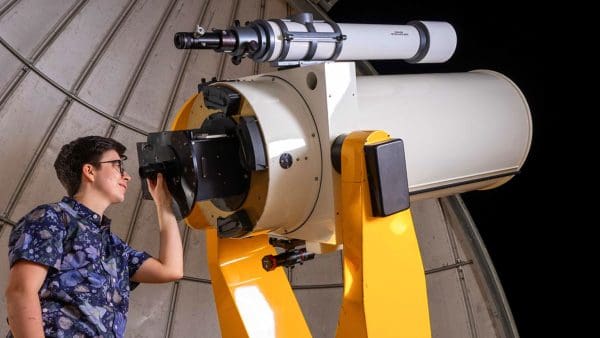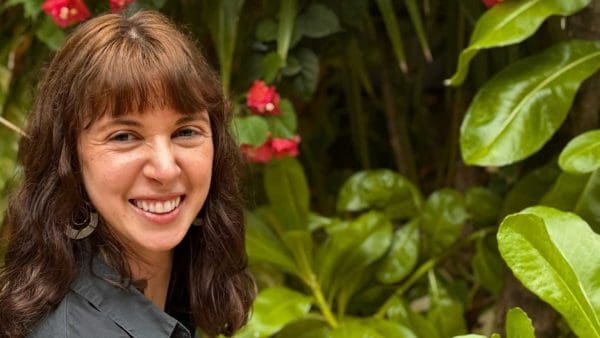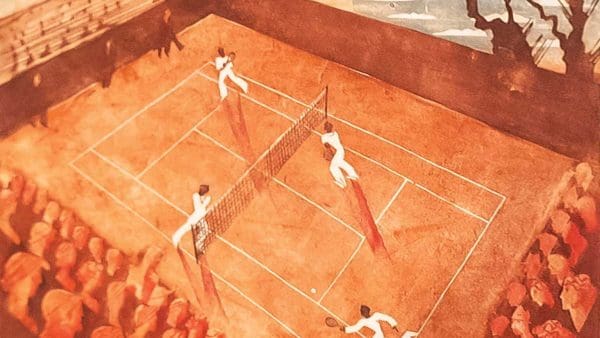Wesley Ravich remembers feeling helpless after a childhood classmate developed leukemia and began a difficult course of treatment. He channeled those emotions into a life calling: “I really wanted to work in pediatric oncology,” Ravich says. “That was my passion.”
The junior biology major has done just that since arriving at Hopkins. A Woodrow Wilson Fellowship initially funded his work in the lab of Challice Bonifant, his mentor and an assistant professor at Johns Hopkins School of Medicine. It was supplemented last summer by a Provost’s Undergraduate Research Award and is now funded by the Alex’s Lemonade Stand Foundation for Childhood Cancer. The Bonifant lab works largely to study two prominent forms of pediatric cancer: acute myeloid leukemia (AML) and acute lymphoblastic leukemia (ALL). Traditional treatments for these cancers include chemotherapies and stem cell transplants, which often have debilitating side effects. And even with these intensive treatments, a percentage of patients do not respond while others relapse. The Bonifant lab explores the burgeoning field of cellular immunotherapy, which is poised to revolutionize leukemia therapy with the potential for more effective, less debilitating cancer treatments.
The approach uses the patient’s own immune cells, which are removed, genetically modified to target specific cancers, and returned to patients to do their work. The main type of immune-system cell Ravich works with are the natural killer (NK) cells of the innate immune system. Before the modified “killers” are let loose on a patient’s cancer, they need to be primed for the fight. They need to thrive once administered, the term for which is “cell persistence.”
“With NK cells, you need to ensure that they’re activated and able to proliferate when they’re given to patients,” Ravich says. “To activate them, you first expose them to certain cancer ‘feeder’ cells that are similar to the cancer cells you’re trying to target. And you can engineer these feeder cancer cells so that they express certain signals that will serve to further activate the NK cells. I was studying the best way to optimize the activation of NK cells targeting AML.”
He uses the past tense because, as of this writing, COVID-19 has shut down his in-person lab work. Fortunately, he was able to find a new way to channel his cancer-fighting energies. He has worked to explore a commercially available cellular immunotherapy approved for use in pediatric ALL patients, and in collaboration with a team at the St. Jude Children’s Research Hospital in Memphis, Tennessee, Ravich compiled available clinical data for a study analyzing cellular persistence.
“We looked at the importance of persistence and other factors that should be explored, moving forward, that could hopefully lead to better outcomes,” Ravich says. “We’re really just scratching the surface of what this field has to offer.”
Update
Ravich is first author of a paper describing his cancer immunotherapy treatment research published in the Journal of Transplantation and Cellular Therapy on December 4, 2021.




